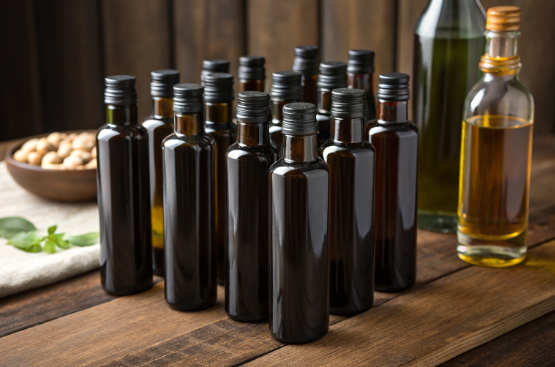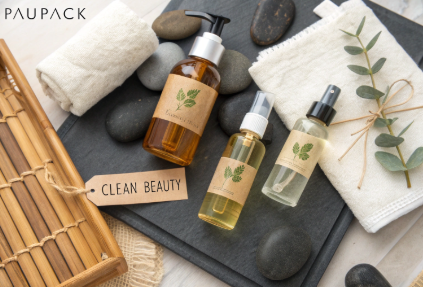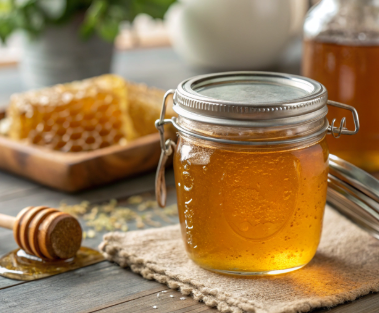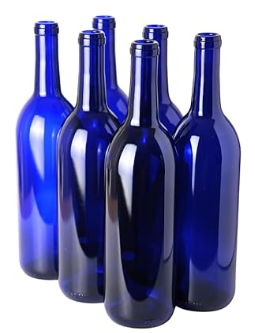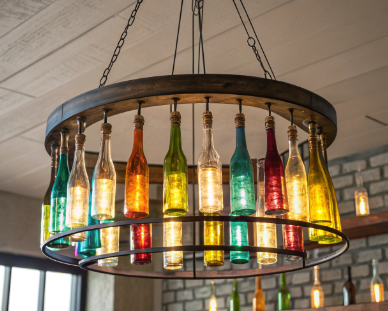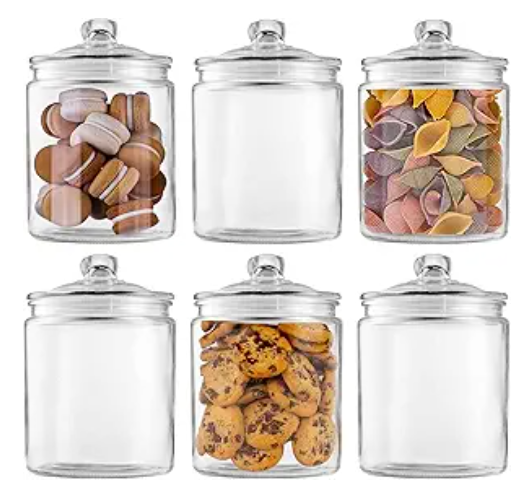Sustainable packaging is no longer a trend—it’s a brand value. That’s why bamboo bottles have exploded in popularity across skincare, personal care, and even beverage brands.
Bamboo bottles are popular because they are eco-friendly, stylish, lightweight, and biodegradable—making them a perfect alternative to plastic for brands focused on sustainability.
If you’re sourcing packaging that turns heads and tells a green story, bamboo bottles might be the natural choice. But are they right for your product line? Let’s unpack that.
What are the disadvantages of bamboo bottles?
Bamboo sounds great in theory—but it's not perfect. While it's renewable and aesthetically pleasing, it comes with some limitations in performance and compatibility.
The main disadvantages of bamboo bottles include limited liquid resistance, potential for mold, and incompatibility with highly acidic or oily contents.
Let’s break it down further:
Dive Deeper: Downsides of Bamboo Bottles
| Challenge | Detail | Workaround |
|---|---|---|
| Water Sensitivity | Bamboo can swell or crack if not properly sealed | Use inner liners or glass inner containers |
| Maintenance | Requires regular drying and ventilation | Not ideal for long-term liquid storage |
| Weight & Fragility | Bamboo-wrapped glass can still break if dropped | Opt for PET or aluminum if durability is key |
| Cost | More expensive than plastic | Best used for premium products |
At PauPack, we often combine bamboo exteriors with glass or aluminum inserts to ensure product safety while keeping the eco-friendly look. Our hybrid designs preserve bamboo's aesthetic while solving its technical limitations.
Are bamboo bottles good?
They’re more than good—they’re brandable. If your audience values eco-conscious design and natural materials, bamboo bottles help you make a bold statement.
Yes, bamboo bottles are good for low-viscosity products like toners, lotions, or room sprays—especially when paired with protective inner linings.
Here’s what makes them shine:
Why Brands Choose Bamboo Bottles
-
Sustainability: Bamboo is fast-growing and biodegradable.
-
Aesthetic Appeal: Natural textures align with organic branding.
-
Plastic-Free Perception: Appeals to eco-conscious consumers.
-
Luxury Feel: Adds a handcrafted or spa-grade image.
PauPack’s bamboo-capped dropper bottles and bamboo mist sprays are among our most requested SKUs in the clean beauty segment. Clients use them to package serums, tonics, and hair oils in a way that visually aligns with their eco values.
What is the most eco-friendly water bottle material?
“Eco-friendly” depends on the lifecycle impact—but bamboo consistently ranks high when paired with compostable or recyclable components.
The most eco-friendly water bottle materials include bamboo (with glass or stainless steel inserts), recycled aluminum, and PLA bioplastics.
Let’s compare the top materials:
Eco-Friendly Material Comparison
| Material | Biodegradable? | Recyclable? | Best For |
|---|---|---|---|
| Bamboo | Yes (outer layer) | No (unless hybrid) | Short-term or gift use |
| Glass | No | Yes | Pure, non-reactive liquids |
| Stainless Steel | No | Yes | Long-term use, durability |
| PLA Bioplastic | Yes | Industrial compost only | Limited applications |
How long do bamboo bottles last?
Durability is crucial—especially if you're planning to reuse or resell these bottles. So how do bamboo bottles hold up over time?
Bamboo bottles typically last 6–12 months with regular use and proper care—but may last longer if kept dry and away from direct heat or moisture.
Tips to Maximize Bamboo Bottle Lifespan
-
Store in a dry, ventilated space
-
Avoid dishwashers—hand wash only
-
Don’t leave liquids inside for long periods
-
Use protective linings for oil-based products
At PauPack, we advise our clients to market bamboo bottles as semi-durable, ideal for premium sets, gift packaging, or short-cycle product lines. For products needing multi-year packaging integrity, consider pairing bamboo exteriors with a refillable inner bottle system.
Conclusion
Bamboo bottles are popular for a reason—they’re sustainable, beautiful, and message-driven. But like all materials, they have trade-offs. With the right strategy, bamboo can elevate your packaging and your brand story.




